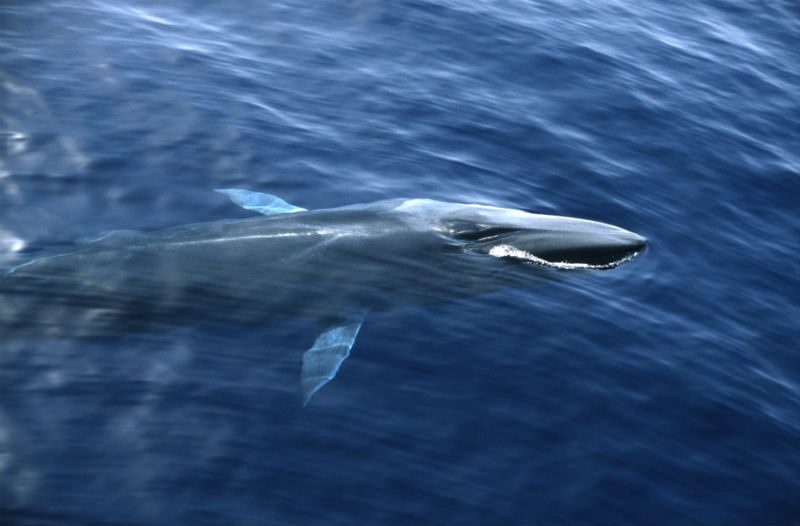A marine mammal update from Japan and Iceland to Cape Cod to a theater near you.
I was hoping to share only happy stories with you today, but then some incredibly sad news hit the airwaves. Despite a global ban on commercial whaling, Japan continues to kill whales in the Antarctic under a 'scientific whaling' loophole. And just last week, news reports showed that whalers returned to port with more than 300 dead minke whales including 200 pregnant females. This is simply heartbreaking and has little to do with science.
On a happier note, the U.S. animal welfare community is cheering with Sea World’s announcement earlier this month that they will stop breeding orcas.
A lesser known victory occurred last month when the 2016 hunt for fin whales was canceled in Iceland. Truly leviathans of the deep, fin whales are the second largest living animal on earth behind the blue whale and despite their large size; they are one of the fastest whales in the world. Paradoxically, watching whales is also popular in Iceland contributing to the local economy. Whales are worth more alive than dead.
Whale watching is a booming business in many countries and has grown exponentially in recent years. I may be biased, but in my opinion Provincetown, MA is one of the best places to catch a glimpse of these gentle giants. In fact, sometimes you can see them just off shore with your naked eye. Last summer I took advantage of living in such close proximity to the sea and brought my almost 3-year-old daughter down to P-town for a whale watch. I will never forget the expressions of pure joy on her face when she was lucky enough to see whales for the first time–bubble feeding, spy-hopping, diving, waving and splashing us. The youngest on the boat, she was no less in awe of their beauty than the other 200 appreciative spectators.
On the flip side, hundreds of dolphins and whales strand on Cape Cod’s scenic beaches each year. Possibly confused by the topography and the extreme tidal fluctuations, these animals sink into the mud and sand, facing certain death. Lucky for these wayward cetaceans, the International Fund for Animal Welfare (IFAW) has a team of expert biologists and volunteers that respond to beached animals like firefighters to a fire. Earlier this year the team reached a milestone, attending to more than 4,000 marine mammals since they started working together almost two decades ago.

Another major threat to whales is increasing ocean noise that disrupts whales’ ability to communicate and thrive. To address this problem IFAW teamed up with the Natural Resources Defense Council to raise awareness and produced the documentary Sonic Sea. Narrated by Rachel McAdams and featuring Sting, Jean-Michel Cousteau, Dr. Sylvia Earle and other ocean experts, this film offers solutions and hope for a quieter ocean. The good news is that this is a problem that we can fix. If we stop making the noise, the problem will disappear. Want to learn more? Check for screenings in your area or request to host a screening of your own here.
 Kerry Branon is an animal lover, environmentalist and filmmaker. She has helped support the mission of the International Fund for Animal Welfare (IFAW) to rescue and protect animals around the world for the past 13 years. She lives on Cape Cod with her spouse Lisa, their 3-year-old daughter Isabella, cat Oliver and dog Edie.
Kerry Branon is an animal lover, environmentalist and filmmaker. She has helped support the mission of the International Fund for Animal Welfare (IFAW) to rescue and protect animals around the world for the past 13 years. She lives on Cape Cod with her spouse Lisa, their 3-year-old daughter Isabella, cat Oliver and dog Edie.
